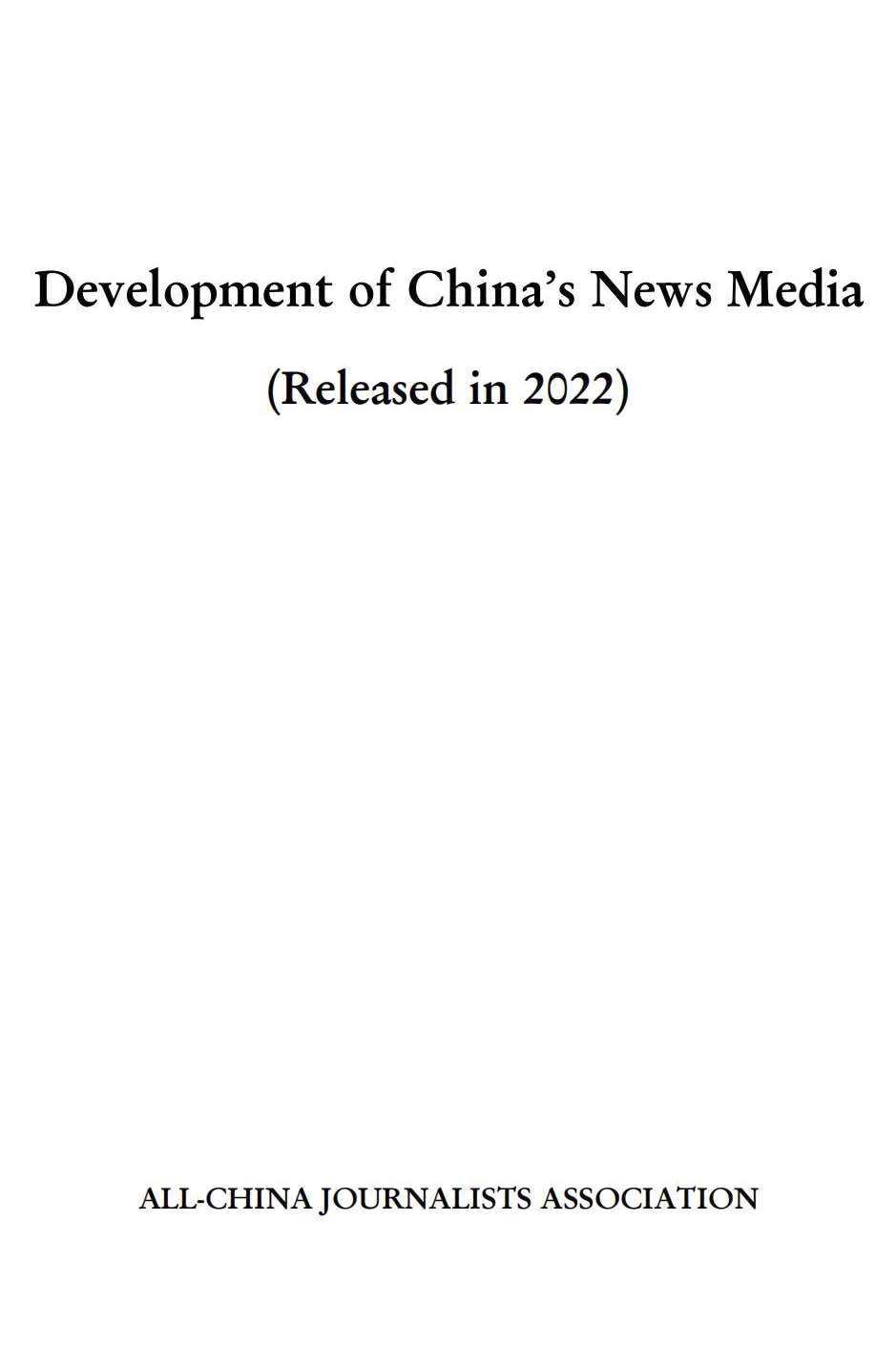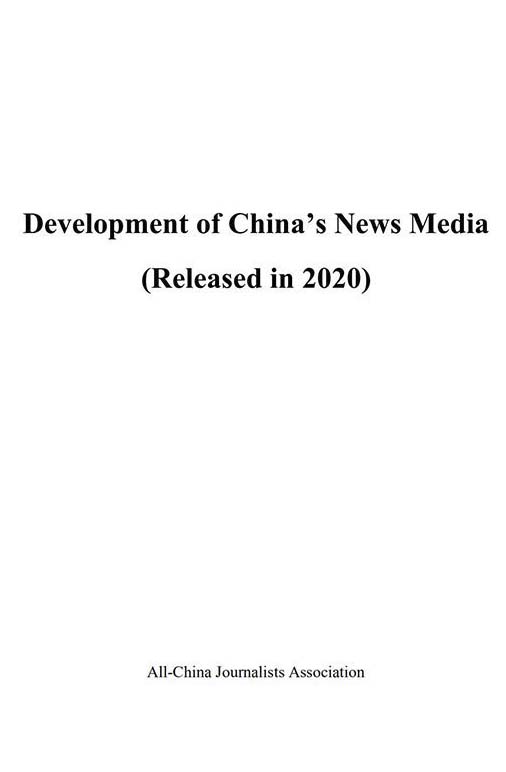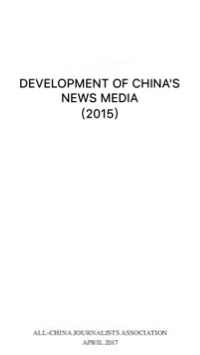Nature Magazine published an editorial titled "Stop the coronavirus stigma now" on April 7, not only apologizing for previous news reports that linked the coronavirus to China's Wuhan but also sending a reminder to those who had erroneously been associating the virus with China's Wuhan and with China in their news coverage.
The apology is very meaningful, as the novel coronavirus disease (COVID-19) pandemic has spurred global racism and discrimination, especially towards the Asians.
For years, it was common for viral diseases to be linked with the landscapes, places or regions where the first virus outbreak occurred – the Middle East respiratory syndrome and the Zika virus, which is named after a forest in Uganda, to name a few.
But in 2015, the World Health Organization (WHO) introduced guidelines to stop this practice and thereby reduce stigma and negative impacts. The guidelines also highlighted that when an outbreak happens, everyone will be at risk no matter who they are or where they come from.
However, as countries across the globe struggle to curb the spread of COVID-19, a few politicians, including U.S. President Donald Trump, have ignored the guidelines, choosing instead to stick to their own narrow and wrong viewpoints.
Continuing to associate a virus and its disease with a particular area is irresponsible and needs to stop immediately. As infectious disease epidemiologist Adam Kucharski advises in his timely book "The Rules of Contagion." Published in February, the book shows how pandemics can stigmatize some groups, which is why we all need to be very careful about what we do or say.
Racist attacks may cost universities
Since the outbreak of the epidemic, many Asians around the world have been subjected to racist attacks, and various news outlets have reported about how Chinese people are facing discrimination and racist comments. Moreover, the racist chorus is being amplified by some Western media like the Wall Street Journal and the Washington Post.
Such kind of racist attacks could harm people's health and livelihood. For instance, Chinese visitors are being verbally abused, harassed and pelted with eggs on the street amid the virus outbreak. Meanwhile, Chinese restaurants and Chinatowns have been avoided by locals in the U.S. and Europe.
In addition, Chinese overseas students are facing a dilemma, questioning whether they should return to China due to fears of racism, uncertainty over the future of their courses and not knowing when international travel will resume. On the other hand, the loss of students from China and other Asian countries will also have an impact on colleges and universities worldwide.
For decades, campuses have striven to boost diversity, and countries from around the world have enacted policies to encourage international academic mobility. Diversity is valuable for its own sake, as it encourages understanding and dialogue between cultures as well as sharing different points of view. Thus, it has always been a fuel for research and innovation.
If the pandemic stigma results in many Asian students leaving international campuses, the impact on scientific research could be massive.
As the editorial suggests, people all over the world must do everything they can to avoid and reduce stigma, stop associating COVID-19 with particular groups of people or places and emphasize that viruses do not discriminate. We are all at risk, and the coronavirus stigma must stop now. (By She Jingwei)




